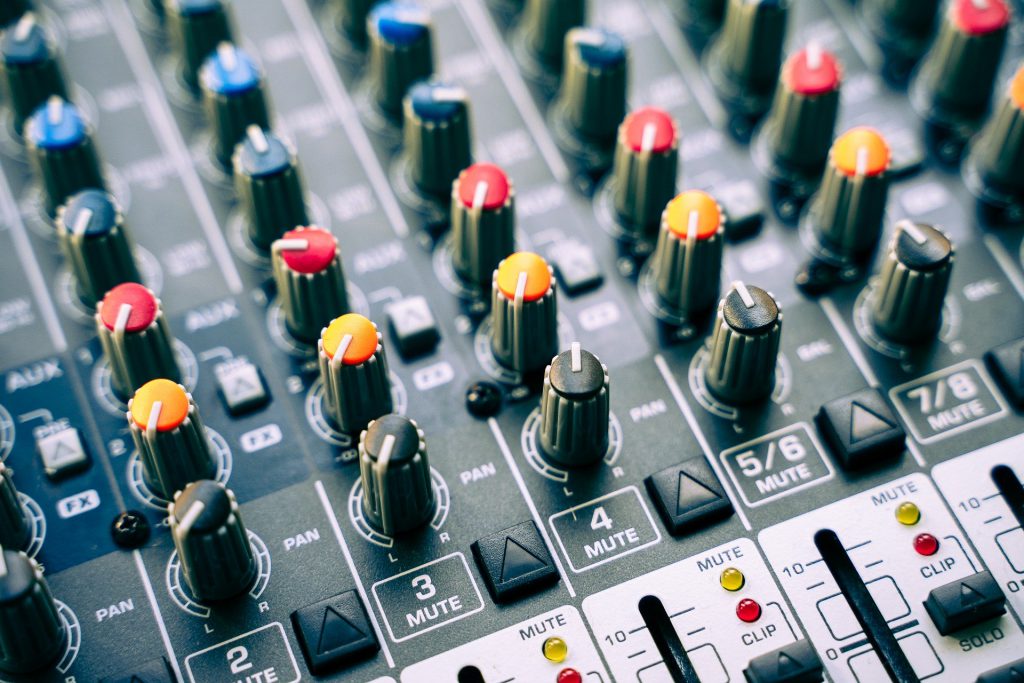
In the past two decades, the acceptable level of audio quality has increased because of technology upgrades, thus our expectations have increased as well.
In our business, the term “Audiophile” is thrown around quite a bit. Wikipedia defines it as “a person who is enthusiastic about high fidelity sound reproduction”. So technically, most of us could be Audiophiles.
Here are the two primary ways most people define sound quality:
1. BASS! Does it Bump?
When music-lovers find themselves immersed in a song they love, one of their first considerations in judging the sound quality is the bass. If it bumps, it sounds good.
Think about the last time you installed a new TV or stereo at your home. When playing with the dials to tailor the sound to your liking, were you merely concerned with hearing the bass? Or were you able to discern quality bass from just a rumble?
2. Can I Hear What’s Being Said?
This is often a no because the speakers that come with TVs are terrible microscopic little things that face the wall or tiny speakers on a skinny soundbar that the TV manufacturer told you would fix the problem.
If, however, you bought a quality soundbar or have aftermarket speakers and an external AV receiver, you probably are pretty happy with the sound of the dialogue.
What Makes a True Audiophile?
Truth be told, these methods of measuring sound quality are low standards indeed. When it comes to true, quality sound reproduction, you simply know it when you hear it. The challenge is to describe it. Here’s our attempt to offer our opinion:
First, you don’t need a video screen and multiple speakers to enjoy the production.
A great audio set up is two high-quality speakers connected to quality electronics, perfectly placed in a great acoustical environment. When this is done correctly, the sound expands beyond what emanates directly from the speaker surfaces. You get a feeling of a true soundstage which allows you to sense the placement of the musicians in the space and hear each of the instruments clearly.
This brings us to the second point, musicianship.
The experience goes beyond just enjoying a good song and hearing most of the vocals and instrumentation. You can now sense each individual performer in a group and enjoy their performance on a more personal level. If for example, you are a fan of a rock group and crave the feeling you get when you see them perform live, a great system can take you, the audiophile, there.
If You’re an Audiophile, You Won’t Just Hear The Sound, You’ll Understand Every Component
When listening to a good setup you will begin to recognize not only the talent of the performers but will realize that great sound engineers who are geniuses at microphone placement and mixing are equally important. You will begin to notice that some bands and some performances suffer from a lack or quality recording, and others, often lesser known, excel because of it.
If you think you might be an audiophile, seek out a great set up, sit in the money seat, eliminate distractions for a few minutes, close your eyes and enjoy. If you are bitten by the bug, you can start to acquire your own equipment, and strive to achieve acoustic perfection yourself. Welcome to the club!

